Continuing our monthly interview series where we’re highlighting local, partnering, BIPOC led organizations, Maiko Winkler-Chin of Seattle Chinatown International District Preservation and Development Authority (SCIDpda) was kind enough to answer our questions this month. Read below to see how she is helping serve her community, its residents, and its businesses and why the work holds a special place in her heart both personally and professionally.
Taylor Robinson: Please tell us a little about yourself.
Maiko Winkler-Chin: I’m Maiko. My family immigrated to Hawaii when I was 5 from Japan, I came to the Pacific Northwest for college, married a native Seattle-ite and made it my home. I live in city with my husband, our 17 year old daughter, and our puppy.
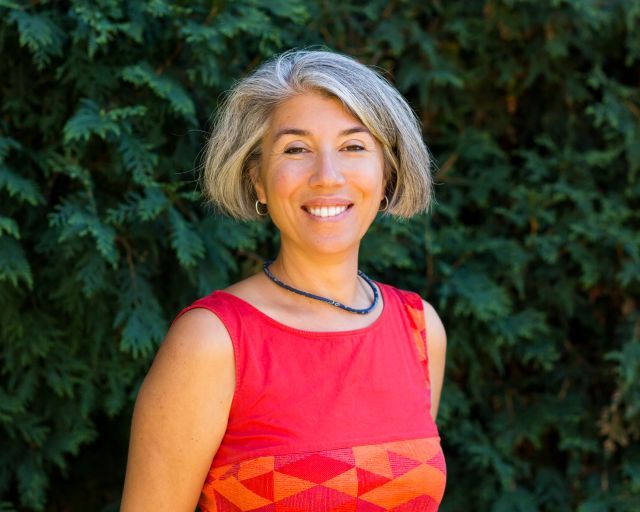
TR: Please provide a brief description of your organization’s work and the communities you serve.
MWC: The SCIDpda is a municipally chartered public development authority established to preserve, promote, and develop Seattle’s Chinatown International District as a vibrant community and unique ethnic neighborhood. We do this through property management, real estate development and various community initiatives that involve working with small businesses, property owners, and helping facilitate public realm improvement projects; the “to be determined” part of this work, especially in the past year, has expanded and grown to meet need.
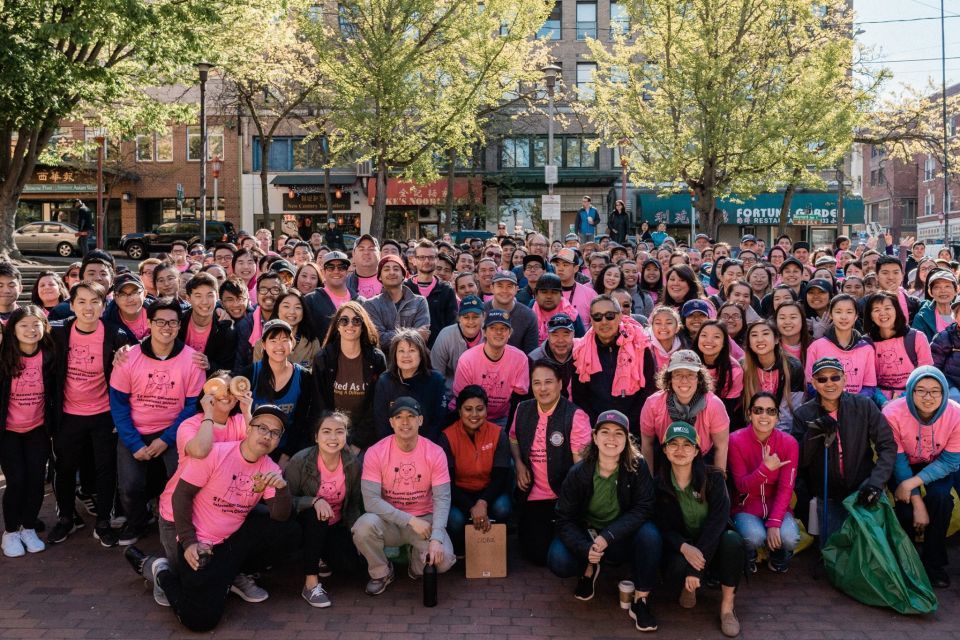
TR: How are you and/or your organization working to combat systemic inequities and social disparities?
MWC: I don’t think of our work in those terms – I didn’t grow up with those terms as the child of a limited English speaker, nor did I learn those concepts in college, which was longer ago than I often think. I have always liked keeping extremely busy in the day to day to avoid being thoughtful or reflective. And I keep just trying to plug along…. But even an avoidance person like myself, after some point, starts wondering “why?” – that’s when you start to realize that we are where we are often because of these inequities.
I work to help make my “heart home” a better place. The PDA works to make our neighborhood a supportive, healthy, strong, resilient place for those who choose to live, work, and visit it. We work in a place that existed as the place where the ”other” was forced to live due to redlining, and the conditions that exist in that place. I hate describing our neighborhood in the terms that are often used – impoverished, limited English abilities, poor housing conditions, bad air quality - because it fails to capture the resilience, the pride, the energy of those who call it home.
I’m realizing more and more that what we do may not seem unique – but how we do what we do and why is often unique. But as we do our work, those inequities start appearing in all we do. Especially this past year,
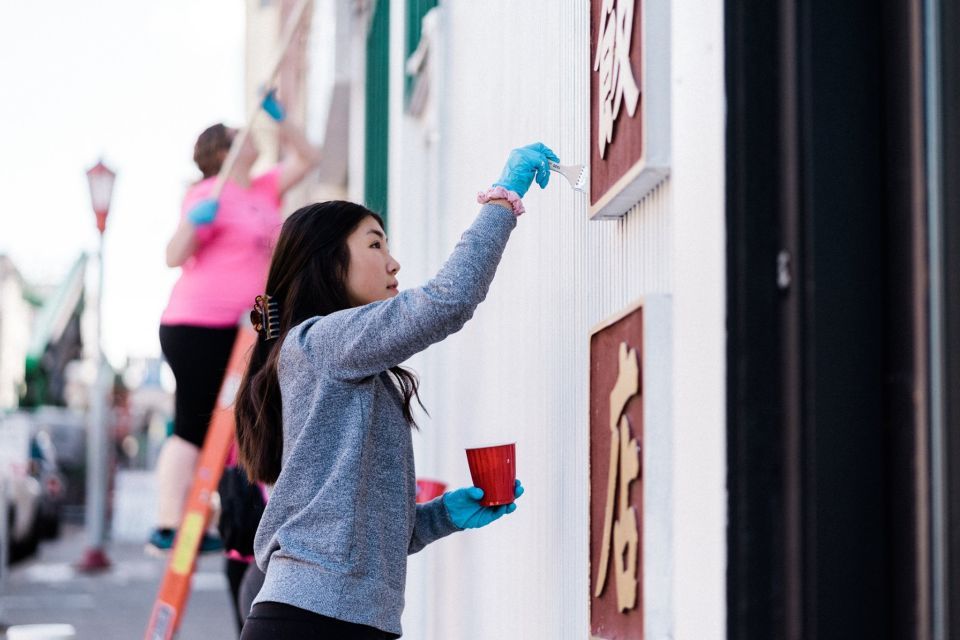
TR: Why is this work important to you?
MWC: The work is important to me for many selfish reasons. The neighborhood allowed me to be my true self. It reflects my family’s history, and I want it to be available for my daughter as she explores her identity in this world. Family history is tied up in its buildings. New history is being made every day in this special place that reflects the history, the joys and the struggles for my colleagues, my community, and for other Asian Americans at this time when our existence in this country feels tenuous.
TR: What are the challenges of doing this work?
MWC: This work takes a long time and is hard to resource. And because for many of us it is extremely personal in nature – it can be exhausting. It is hard to get away. You can’t “leave it at the office” because so many elements of your identity lead back to the work. And even though it’s a challenge, it’s an element of my work that I love.
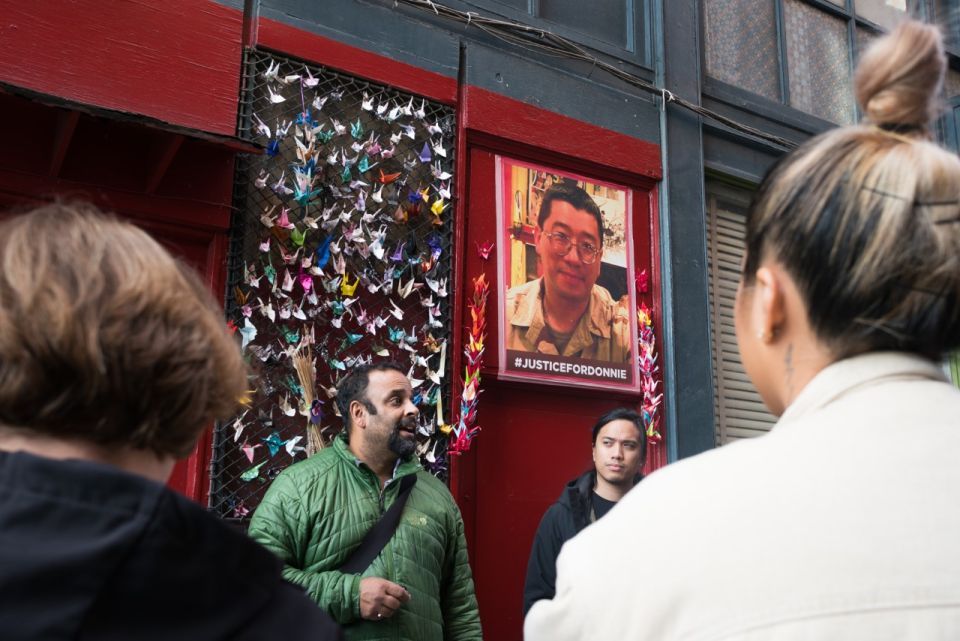
TR: In your opinion, what more needs to be done to ensure a just, equitable future for all?
MWC: This is not a mind blowing answer – there’s an ongoing narrative that I’ve been exploring with my colleagues in that we probably won’t meet YOUR (whomever “you” are) expectations of what we should be, or your standard of excellence. I used to think that if we could meet those expectations, that would equal awesomeness/high achieving/whatever great adjective we want to use. Now, not so much. We need to meet our standards, not others. Perhaps those standards need to be examined – their applicability and achievability.
And of course – MONEY. Without wacky investors (public or private) dictating and judging how communities present themselves before we’re worthy of it.
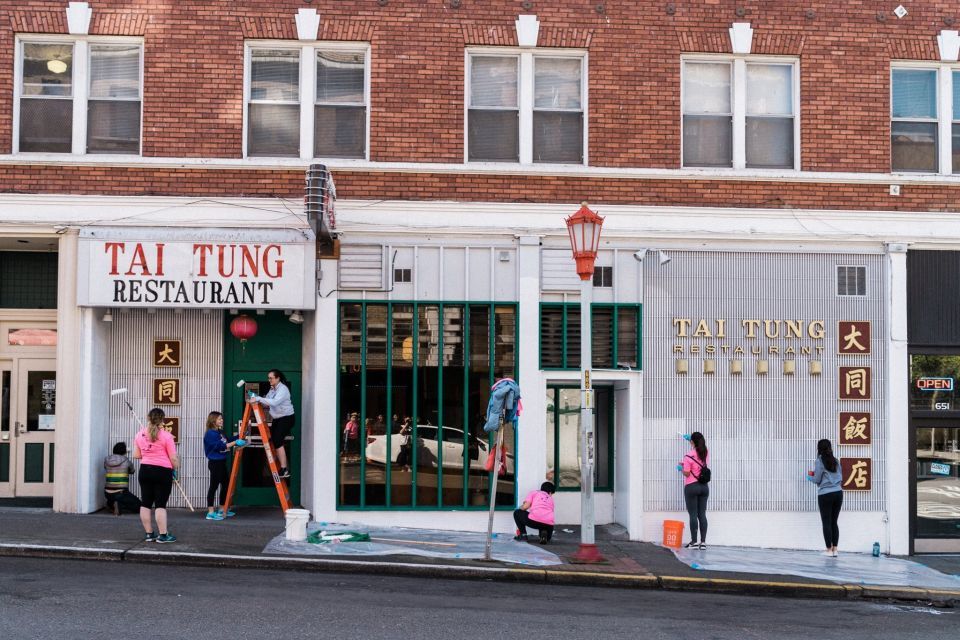
TR: How has Covid changed your organization’s focus and day-to-day?
MWC: Being part of an operations-based organization where many don’t speak or read English is always a bit of charades, and that was made harder this past year. Our Property Operations had to shift dramatically, and we started new programs such as grocery delivery and meal delivery (for our properties and many others) and started us on a path of examining and potentially developing a resident services program. Mental health of our community (including our staff) has also been of concern and conversation. Our small businesses have suffered since January of last year – so we fundraised with partners and became a grant funding organization. This shift has put us in much deeper contact with our residents and businesses, and really helped when we were able to do vaccine clinics for the neighborhood seniors.
Public safety – in a very broadly defined way, not just policing – has always been part of our work. With George Floyd’s murder, the movement for Black Lives, what should public safety look like? It wasn’t working before for us – it’s shifted how we think and respond. To note, I am writing this the day after the Atlanta shootings – and throughout Covid, my community has not felt safe. When do we get to be Americans?
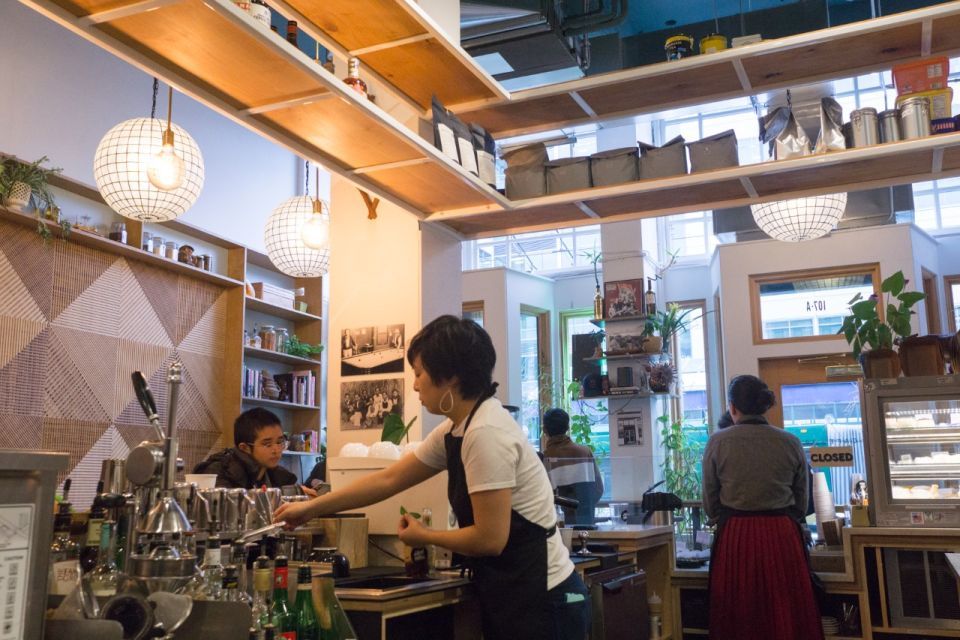
All these random reflections as we head into our next strategic plan, where we wonder, “what next..?” How do make a bigger impact? What have we learned through this experience with Covid that should inform our work going forward?
TR: How can others support your work? (Please feel free to list any website or donation links you may want to share)
MWC: Go to – https://scidpda.org/donate/
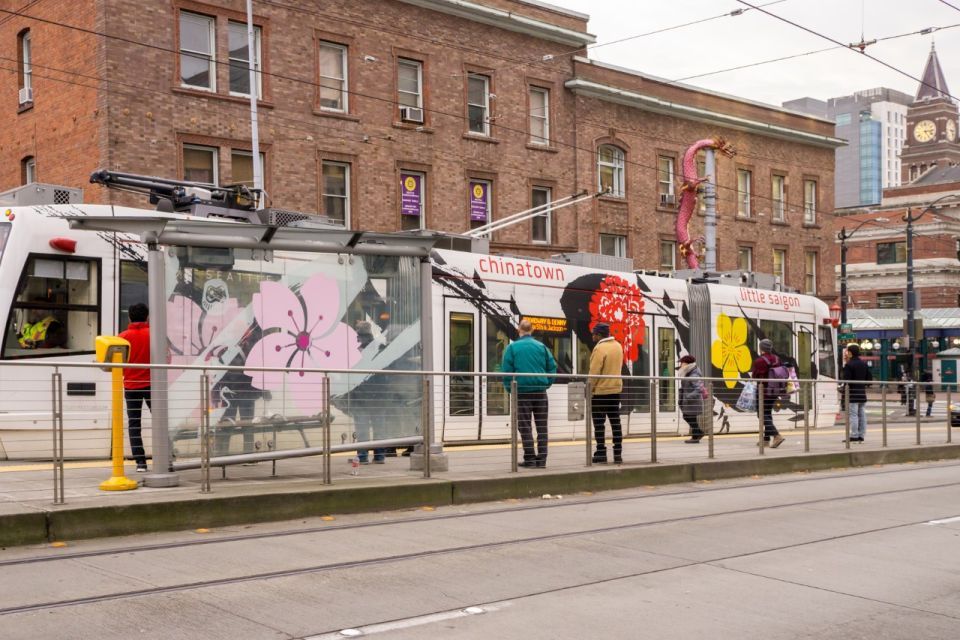
TR: Is there anything else you’d like to say, add, or bring to light?
MWC: We thank Enterprise for their ongoing support of our work, the partnership in moving issues forward, and for believing in the work we do – it’s a pleasure to work with you.